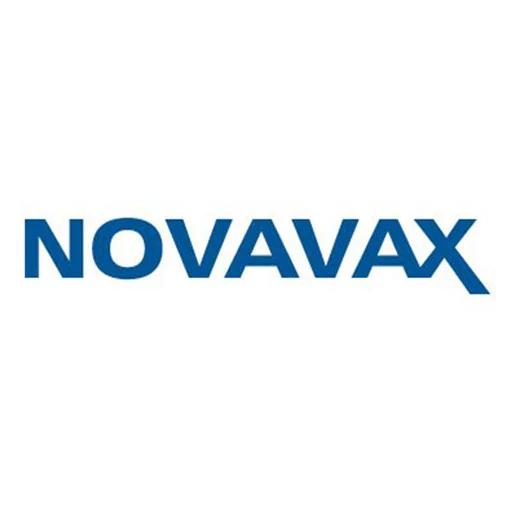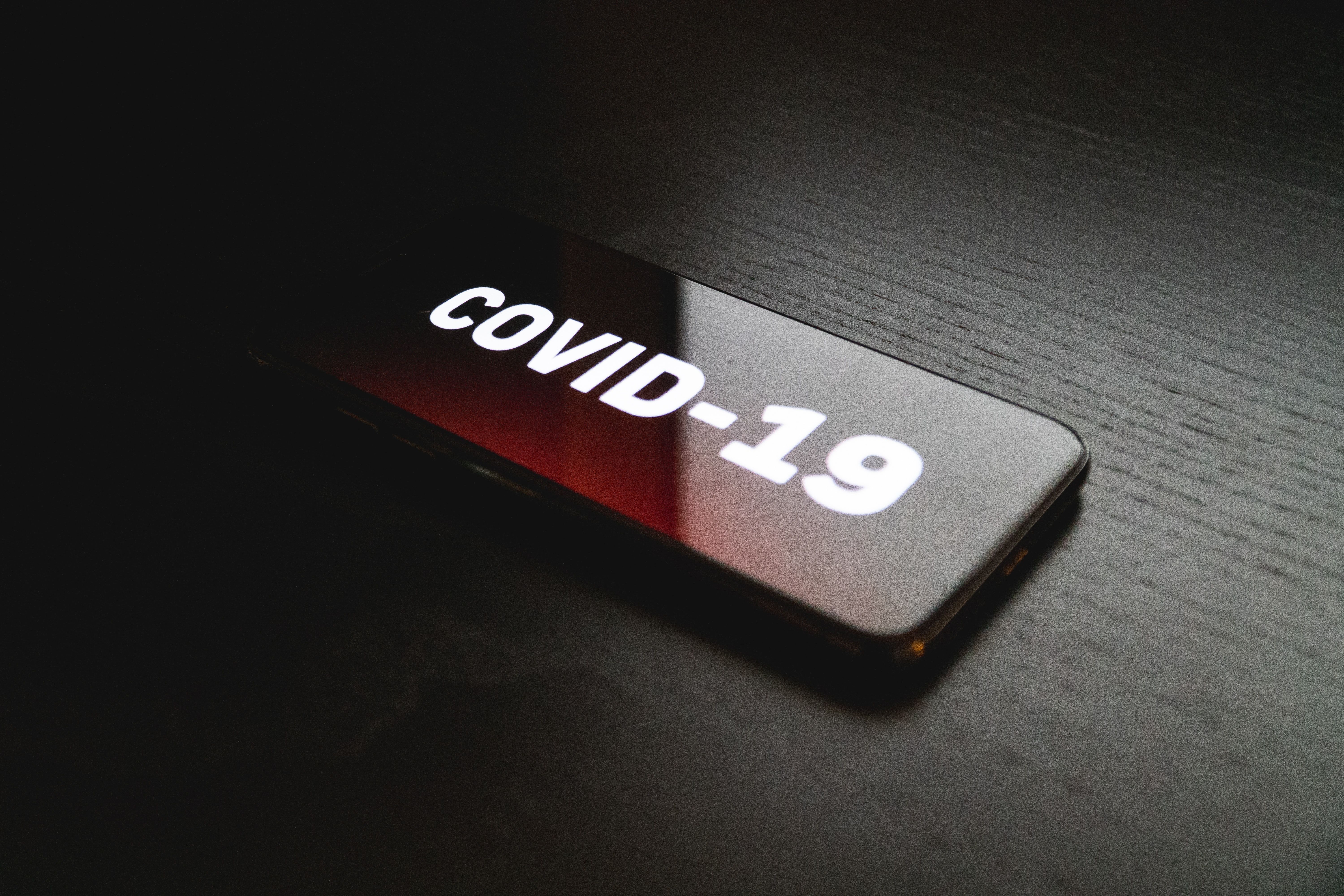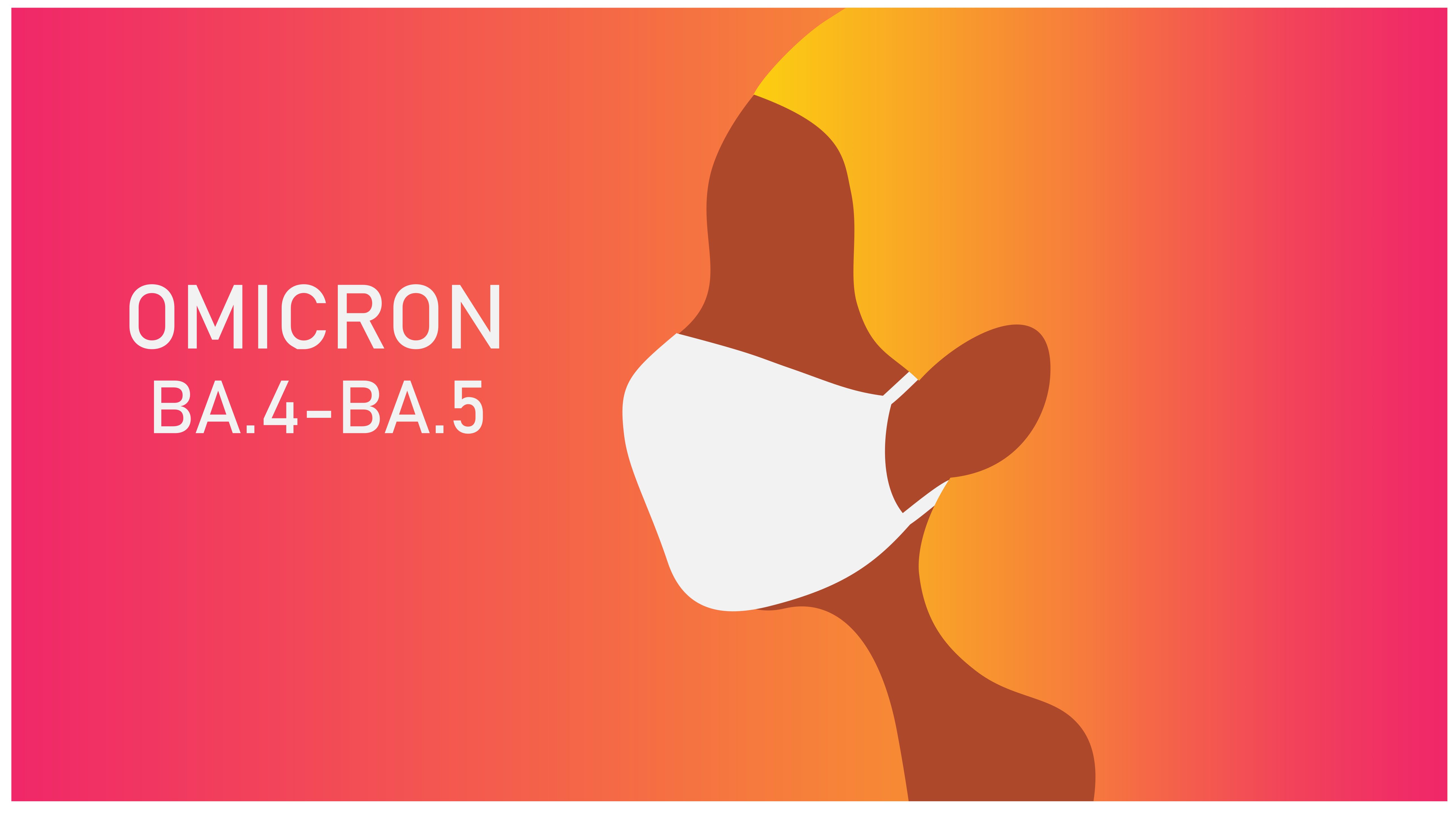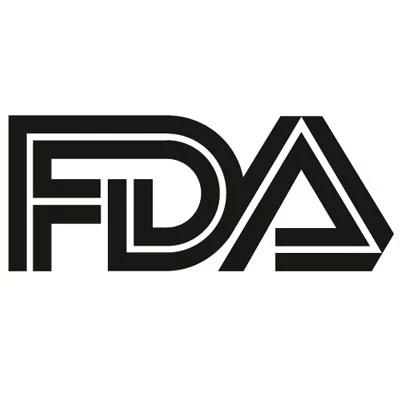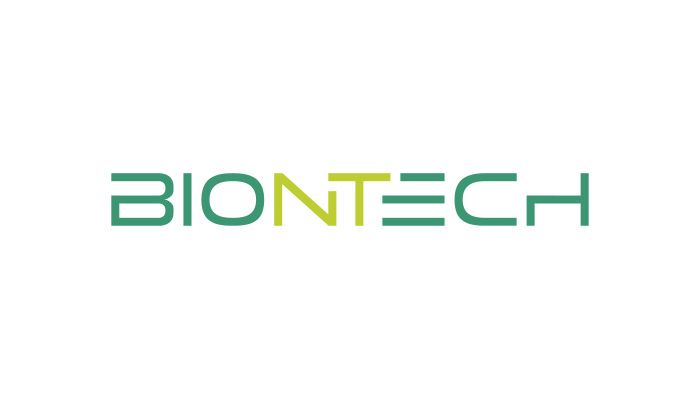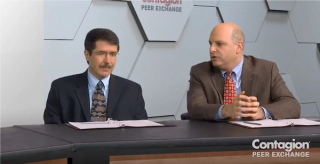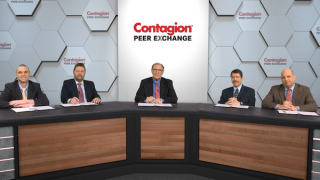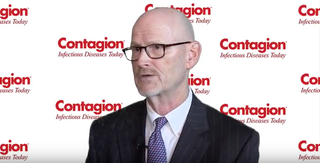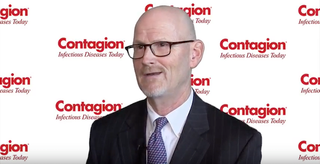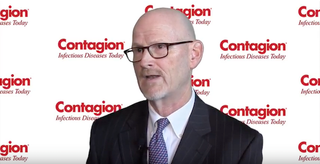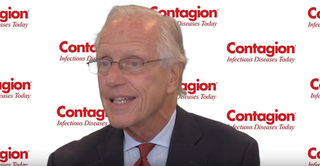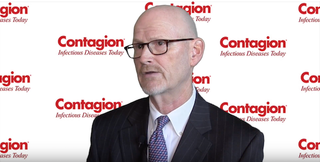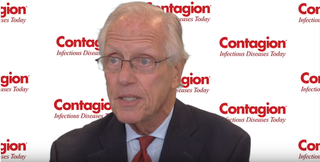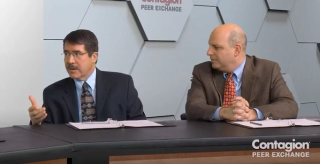
Vaccines
Latest News
Latest Videos

CME Content
More News
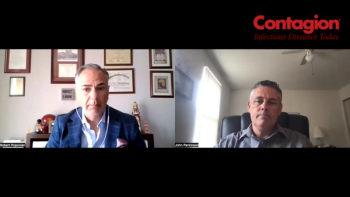
A new study finds there are more pharmacies than physician practices in these areas; however, these inequities offer an opportunity for pharmacists to step-in and provide vaccine education and administration.
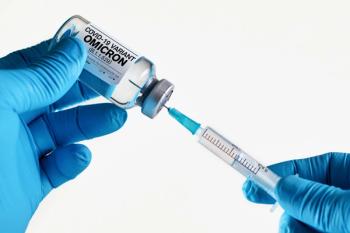
Omicron-specific vaccine boosters are coming, but just how necessary are they?
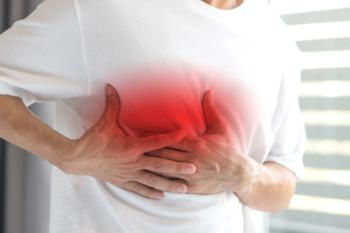
The highest rate of myocarditis or pericarditis after mRNA COVID-19 vaccination occurred among young men ages 18 to 24 after receiving a second dose of the Moderna vaccine.
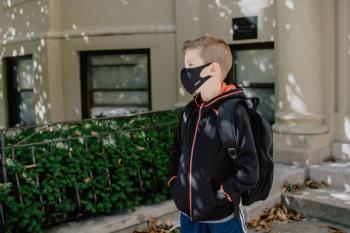
The model suggests screening unvaccinated students could reduce absences by 80% compared to reactively closing classes with infected students.
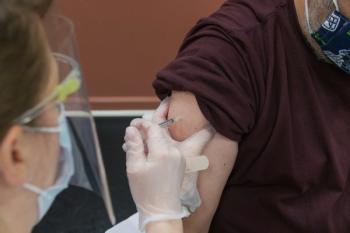
Prior infection is not enough: COVID-19 vaccination reduces the risk of reinfection by 50%.
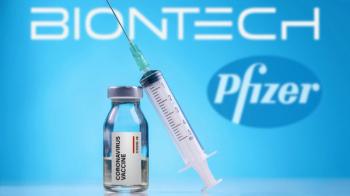
This Israeli study found 3 and 4 doses of Pfizer-BioNTech bolstered antibody titers in adults 60 and older.

A specific immunization marker showed the percentage of children receiving common vaccines fell 5% between 2019 and 2021.
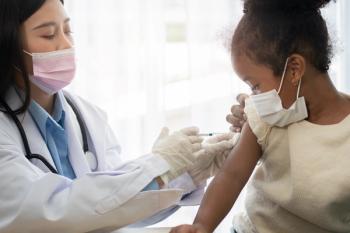
In children 5-11 years old, 2 doses of the Pfizer-BioNTech COVID-19 vaccine were moderately effective against documented, symptomatic Omicron infection.
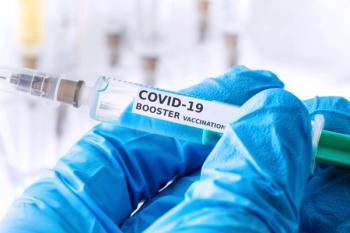
Predicted time to breakthrough infection after mRNA vaccination was significantly longer than the time to breakthrough infection after natural infection or after viral vector vaccination.
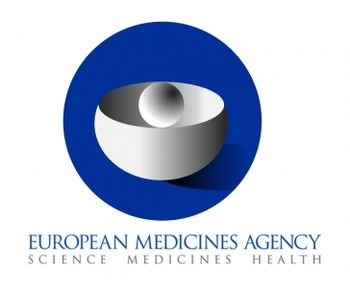
The European agency says there have been “a few cases of anaphylaxis.” The label will also include warnings for paraesthesia and hypoaesthesia.
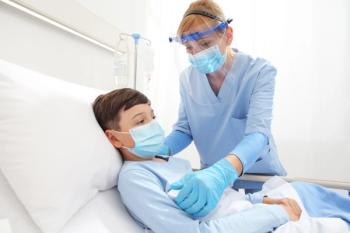
Children and adolescents previously infected with COVID-19 or MIS-C demonstrated insufficient antibody titers and neutralization capability against the Omicron variant.
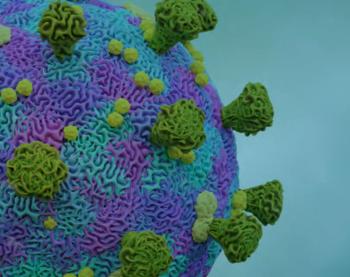
There has been an increase in transmission rates, the release of new White House strategies to address BA.5, and new potential offerings to prevent and treat the virus.

The federal agency says it is indicated as a two-dose primary series for active immunization to prevent the virus in individuals 18 years of age and over.
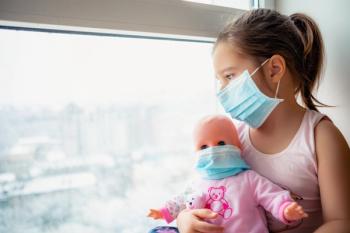
At 12 months after COVID-19 infection, anti-SARS-CoV-2 spike receptor-binding domain IgG persisted in all age groups.
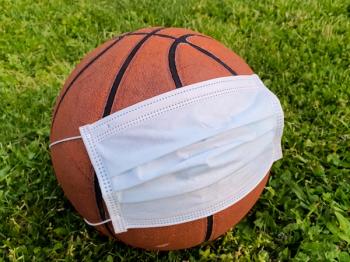
Receiving a COVID-19 booster vaccine significantly reduced Omicron infections among National Basketball Association (NBA) players and staff.
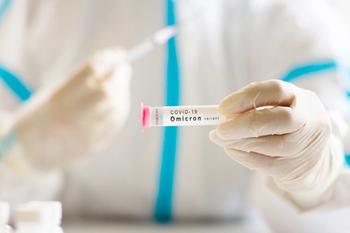
Omicron significantly diminishes the protective abilities of both natural immunity and vaccine-granted immunity.
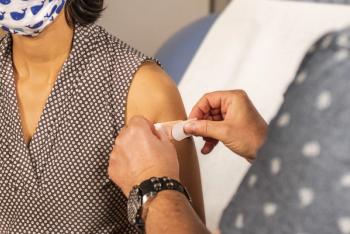
The report showed the protective benefits varied somewhat by cardiovascular disease subtype.
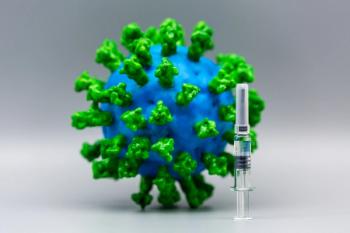
From December 2020-September 2021, approximately 27 million COVID-19 infections, 1.6 million hospitalizations, and 235000 deaths were prevented by vaccination.
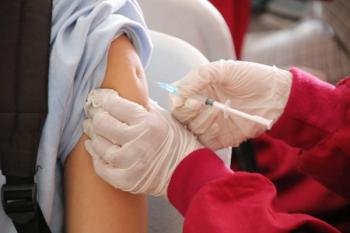
Investigational vaccine demonstrates efficacy against respiratory syncytial virus in trial with adults inoculated with active RSV.

Here is a rundown of the most popular and significant stories we covered this past week.
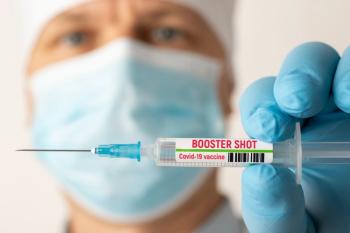
Antibody levels decline in individuals with hybrid immunity similarly to vaccinated individuals, meaning all people need a booster vaccine to protect against future, potentially severe, infection.
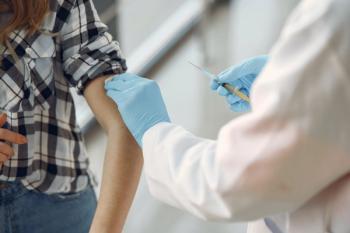
A computational framework for estimating vaccine effectiveness based on genetic differences of SARS-CoV-2 variants showed promising results in a new study that verified the model with clinical trial data.
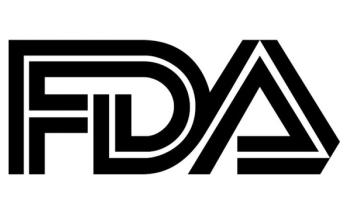
After an all-day meeting, the FDA’s Vaccine and Related Biological Products Advisory Committee (VRBPAC) voted 90% YES to recommend this fall’s COVID-19 booster doses target Omicron.
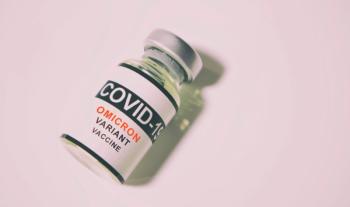
Sanofi and GSK, Pfizer-BioNTech, and Moderna are all working on booster candidates specifically designed to neutralize Omicron and its subvariants.

Rochelle P. Walensky, MD, MPH, signs off on the Centers for Disease Control and Prevention’s (CDC) Advisory Committee on Immunization Practices’ (ACIP) recommendation for individuals 6 through 17 years of age.

